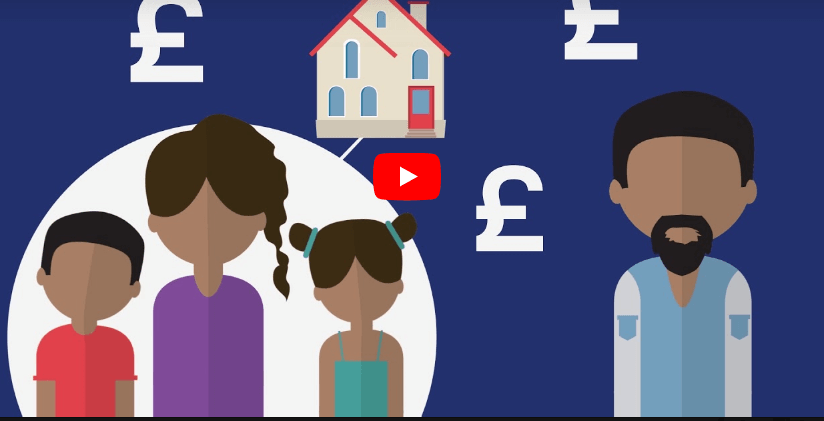A COVID-19 Babyboom? Financial Claims for Unmarried Parents

A COVID-19 Babyboom? Financial Claims for Unmarried Parents
It is being suggested that 12-18 months post lockdown, there may be a baby boom. For those couples who are unmarried, this could mean an increase in claims under Schedule 1 of the Children Act 1989.
A considerable number of unmarried parents are unaware that they have very limited financial claims in the event that their relationship breaks down. It is important to understand that cohabitees, no matter how long they have been in a relationship, are not afforded the same rights upon the breakdown of the relationship as those who are married. There is no automatic right to a share of their partner’s assets, income or pensions; regardless of whether they have children together.
It is well known, in the legal world, that protection for cohabitants is lacking and that despite many cohabiting couples behaving like their married counterparts, often with one party choosing to forgo a career to bring up the children, they can find themselves seriously disadvantaged in terms of financial claims.
On separation, the parent with the majority care of the children can apply to the Child Maintenance Service (“CMS”) to receive payments of child maintenance from the non-resident parent. The Court has very limited powers in respect of child maintenance and so the CMS is your first port of call. The amount payable will be considered as maintenance for the benefit of the children and not for the benefit of the parent with care. Helpfully, the CMS has a formulaic assessment which will let you know how much money you are entitled to or should pay. Unless the paying parent is a higher earner, lives abroad or you are caring for disabled children, your options will be limited to the CMS. The approach to child maintenance is the same whether you are married or unmarried.
Schedule 1 claims
However, Schedule 1 of the Children Act 1989 enables the parent with care to apply for much more than just maintenance. They can apply for an order that the other parent pays school fees, top-up child maintenance, carers allowance, a lump sum for the benefit of the child, or even for an order that property, such as a house, be transferred to them for the benefit of the child.
Claims permissible under Schedule 1 are not directly to do with the financial or property needs of the parent, they are connected with the needs of the child. For example, any order requiring the other parent to provide a home for the child will cease when the child turns 18 meaning that the property or capital will revert to the paying parent at a later date. It is akin to providing a temporary home and gives the parent with care no financial stability.
When dealing with a Schedule 1 application, the Court has to consider the following:
(a) the income, earning capacity, property and other financial resources which each person has or is likely to have in the foreseeable future
(b) the financial needs, obligations and responsibilities which each person has or is likely to have in the foreseeable future
(c) the financial needs of the child
(d) the income, earning capacity (if any), property and other financial resources of the child
(e) any physical or mental disability of the child
(f) the manner in which the child was being, or was expected to be, educated or trained.
Although Schedule 1 is available, some believe that such applications are the preserve of those parents with considerable assets or where one parent is a high earner. There is also the additional risk that costs could be awarded against an unsuccessful applicant. Specialist advice should always be sought at the outset of your separation as this is an extremely complex area of law.
Speak to our family law experts today.
IBB Solicitors’ family law practice can provide expert advice on all children law issues. To contact the family law team please email familylaw@ibblaw.co.uk or call 03456 381381.
